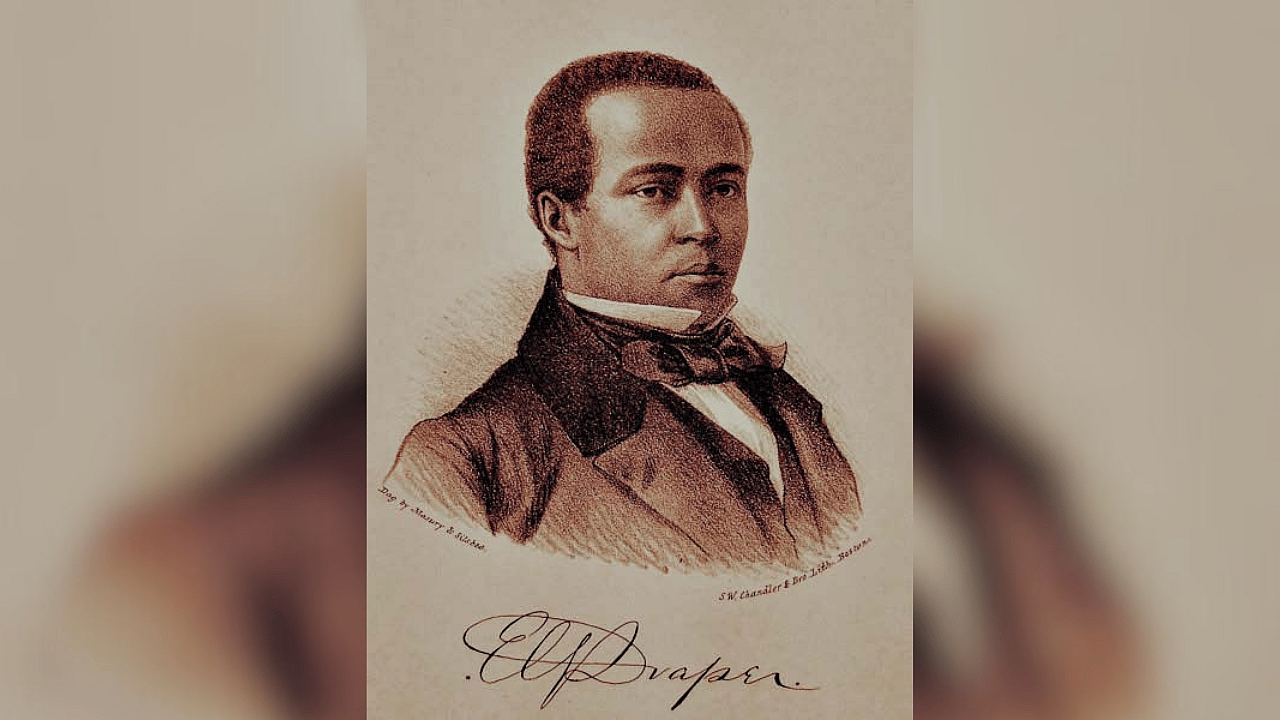Maryland’s Supreme Court is finally giving Edward Garrison Draper the recognition he deserves by posthumously admitting him to the state bar.
Bloomberg Law reported that Draper, who will receive admission in a special session in Annapolis on Oct. 26, should have been the state’s first Black attorney when he applied in 1857.
At the time, a Baltimore judge declared Draper was fully qualified to practice law in Maryland if only here were “a free white citizen.” The judge instead provided Draper with a “certificate” to help him establish a practice in Liberia, where he and his wife, Jane Rebecca Jordan, relocated in November 1857.

Within a year of his arrival, Draper died of tuberculosis at the age of 24.
Draper’s case went unnoticed as an instance of racial discrimination until Texas attorney John Browning discovered his denied bar application and spearheaded the effort to remedy a historic injustice, getting the attention of the Maryland high court.
“When people think about pioneering early Black lawyers, we tend to think about Thurgood Marshall, but there were pioneers long before that,” Browning said. “The story of Black lawyers in Maryland began with Edward Garrison Draper.”
Maryland integrated its bar in the 19th century, but Black applicants failed the bar test at far greater rates than their white counterparts until the 1970s.
After failing the test, Howard Law School graduate A. Dwight Pettit sued the state of Maryland in 1972 for racial discrimination in the bar exam. He said his efforts led to measures including getting a Black examiner and eliminating the personal interview section, modifications that allegedly had an “immediate impact.”
However, Anthony Thompson, founding director of the Center on Race, Inequality and Law at New York University Law School, cited “chokepoints” at all levels that prevent certain groups from entering the field.
He noted the long-standing shortage of Black legal professors and leaders and how those from disadvantaged backgrounds sometimes do worse on placement examinations due to a lack of resources.
Browning learned about Draper’s story while working on his “passion project,” his study on the early generations of Black lawyers in the U.S.
His research has introduced him to individuals such as Baltimore native Everett J. Waring, who in 1885 became Maryland’s first Black attorney and subsequently became one of the first Black attorneys to present a case before the Supreme Court.
Browning took a broader look at the “whole history of Black lawyers in Maryland” after researching Waring’s successful attempt to integrate the state’s bar in-depth, which led him to details of Draper’s history.
“I do this because I feel we are in danger of losing this connection to our professional forebears,” he said. “We should know about these figures in history, and the fact that we don’t is kind of scary to me.”
A poll by the American Bar Association in 2022 found that lawyers of color comprised 19% of the profession. However, even though Black people make up around 14% of the U.S. population, the percentage of Black attorneys was just 4.5%, down from 4.7% a decade earlier.
In fall 2022, the University of Baltimore Law Review Forum published Browning’s article “To Fight The Battle, First You Need Warriors,” which discussed Draper – calling for his posthumous admittance – and the road to integrating Maryland’s bar.
Browning then brought up the idea of honoring Draper in February at a conference held at the Baltimore Law School featuring Matthew Fader, president of the Maryland Supreme Court.
Browning, Baltimore Law School professor José Anderson, and Maryland lawyer Domonique A. Flowers submitted a formal petition in March, accompanied by letters from groups including the Black Alumni of Dartmouth Association.
In July, the state Supreme Court said it would grant the petition, making Draper the seventh person to receive posthumous admission to a state bar after being denied entry on racial grounds.
“There really was not a space for Black lawyers in the profession for a very long time, and stories like this one remind us that the effects we see today in the profession,” Danielle Holley, the former dean of Howard Law School, said of Draper’s story, Bloomberg reported. “That severe underrepresentation comes from this historic racial discrimination.”
TheGrio is FREE on your TV via Apple TV, Amazon Fire, Roku and Android TV. Also, please download theGrio mobile apps today!

